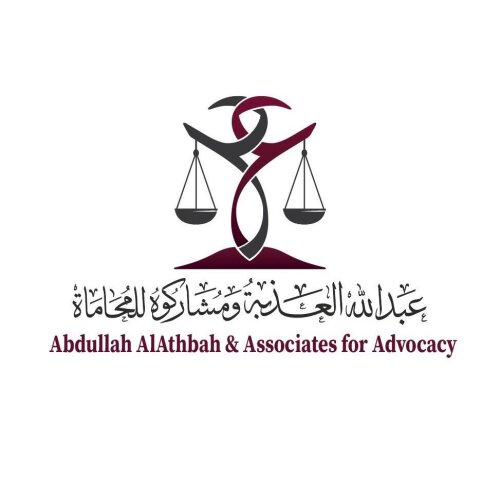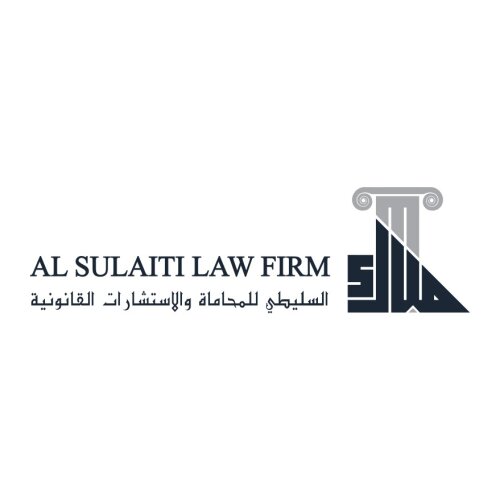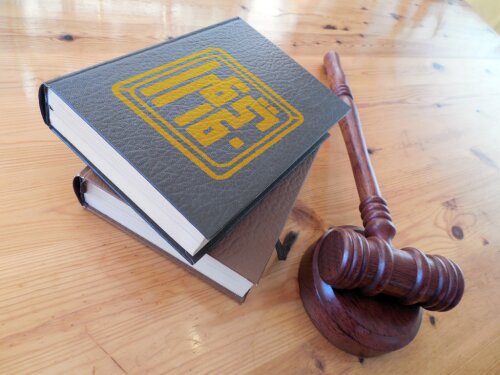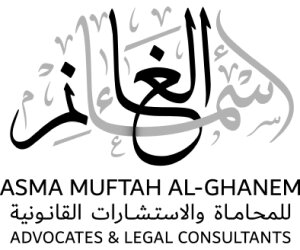Best Banking & Finance Lawyers in Doha
Share your needs with us, get contacted by law firms.
Free. Takes 2 min.
List of the best lawyers in Doha, Qatar
About Banking & Finance Law in Doha, Qatar
Banking and finance in Doha, Qatar, are highly regulated sectors that play a crucial role in the country's economy. The banking system is robust, with a range of local and international banks operating in the country. Financial services, such as loans, investments, and insurance, are also vital components of the finance sector in Qatar. Understanding the legal framework governing banking and finance is essential for individuals and businesses operating in these industries.
Why You May Need a Lawyer
There are several situations where you may require legal assistance in the field of banking and finance in Doha, Qatar. Some common scenarios include disputing charges on your bank account, seeking advice on investment opportunities, navigating complex loan agreements, or facing regulatory compliance issues. A lawyer specializing in banking and finance law can provide you with valuable guidance and representation to protect your rights and interests.
Local Laws Overview
Local laws in Qatar govern various aspects of banking and finance, including the Qatar Central Bank Law, Commercial Law, and Islamic Finance principles. The country's legal framework ensures transparency, stability, and compliance within the financial sector. Key aspects of local laws relevant to banking and finance in Doha, Qatar include regulations on lending practices, financial transactions, consumer protection, and anti-money laundering measures.
Frequently Asked Questions
1. What are the main types of banking institutions in Qatar?
In Qatar, there are commercial banks, Islamic banks, and investment banks that offer a range of financial services to individuals and businesses.
2. How is Islamic finance different from conventional finance?
Islamic finance operates based on Sharia principles, which prohibit interest and require transactions to be based on ethical and socially responsible practices.
3. What are the regulations for opening a bank account in Qatar?
To open a bank account in Qatar, you will need to provide identification documents, proof of address, and comply with anti-money laundering regulations.
4. What is the role of the Qatar Central Bank in regulating the financial sector?
The Qatar Central Bank is responsible for supervising and regulating financial institutions to ensure stability and protection of the financial system.
5. How can a lawyer help me with investment decisions?
A lawyer can provide legal advice on investment opportunities, review contracts, and help you navigate legal complexities in investment transactions.
6. What are the key considerations when taking out a loan in Qatar?
When taking out a loan in Qatar, it is important to understand the terms and conditions, interest rates, repayment schedule, and legal obligations associated with the loan agreement.
7. How can I protect my rights as a consumer in financial transactions?
You can protect your rights as a consumer by being informed about your rights, reading and understanding contracts, seeking legal advice if needed, and reporting any unfair practices to the relevant authorities.
8. What are the penalties for non-compliance with banking regulations in Qatar?
Non-compliance with banking regulations in Qatar can result in fines, sanctions, loss of license, or legal action against individuals or institutions violating the regulations.
9. What are the advantages of using arbitration for banking and finance disputes?
Arbitration provides a faster, cost-effective, and confidential means of resolving banking and finance disputes compared to traditional court litigation.
10. How can I ensure compliance with anti-money laundering laws in Qatar?
To ensure compliance with anti-money laundering laws in Qatar, individuals and institutions must implement Know Your Customer (KYC) procedures, monitor financial transactions, report suspicious activities, and cooperate with regulatory authorities.
Additional Resources
For additional resources related to banking and finance law in Qatar, you can refer to the Qatar Financial Centre, Qatar Central Bank, Qatar Stock Exchange, and legal firms specializing in banking and finance law.
Next Steps
If you require legal assistance in the field of banking and finance in Doha, Qatar, you should seek advice from a reputable law firm specializing in banking and finance law. Consult with a lawyer to assess your situation, understand your legal rights and obligations, and receive guidance on how to proceed with your legal matter.
Lawzana helps you find the best lawyers and law firms in Doha through a curated and pre-screened list of qualified legal professionals. Our platform offers rankings and detailed profiles of attorneys and law firms, allowing you to compare based on practice areas, including Banking & Finance, experience, and client feedback.
Each profile includes a description of the firm's areas of practice, client reviews, team members and partners, year of establishment, spoken languages, office locations, contact information, social media presence, and any published articles or resources. Most firms on our platform speak English and are experienced in both local and international legal matters.
Get a quote from top-rated law firms in Doha, Qatar — quickly, securely, and without unnecessary hassle.
Disclaimer:
The information provided on this page is for general informational purposes only and does not constitute legal advice. While we strive to ensure the accuracy and relevance of the content, legal information may change over time, and interpretations of the law can vary. You should always consult with a qualified legal professional for advice specific to your situation.
We disclaim all liability for actions taken or not taken based on the content of this page. If you believe any information is incorrect or outdated, please contact us, and we will review and update it where appropriate.
Browse banking & finance law firms by service in Doha, Qatar
Doha, Qatar Attorneys in related practice areas.

















